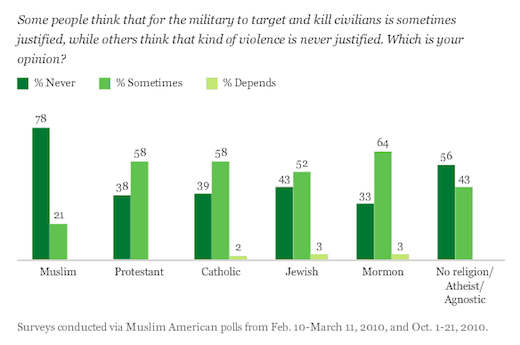It’s that time of year again. Campaign season.
Well, to tell the truth, campaigning has been going strong for months. But it’s first in August, when vacations are ending and school start dates magically (and, if you’re a student, often tragically) appear on the calendar, that people are suddenly awake to the fact that summer will, indeed, eventually end. And those of us who give a damn about local politics can only hope that their next thought is something along the lines of gee, I guess I should vote this year…
Of course, it isn’t.
If half of the people we wave signs at and call day and night to Get Out The Vote actually do make their way to the polls, I would call it a miracle. See for yourself: Loudoun’s average turnout the last time we had a Board of Supervisors race in 2007 was 33%, and 2008’s voter leap to 78% isn’t likely. But that’s the way we work as a society: we’re all just fumbling around with our faces to the ground, unaware of the pillars that build up around us until we bang blithely into them. Then we might be motivated to make a change. Then again, maybe not.
Still, I like to think voter apathy is not a sign of a national crisis of faith in the system that governs, but a sign of an overabundance of faith – that everything will work out fine because the people in charge obviously got there due to their high qualifications, first-hand knowledge of our national experience, ability to differentiate between right and wrong, and constant cogitation that saves from rash mistakes. I also believe that birthday cake is an acceptable replacement for salad.
And then, of course, there is the other side. Perfectly intelligent people who forget the other 24 letters of the alphabet on Election Day, who scan the ballot for a D and an R and dutifully make their mark. I do believe that it is important to place faith in your political party, but a deserved faith adapts to/is impervious to scrutiny, not immune from it. Vote for the best candidate, not the best party. Be open-minded. Do not slam your door in the face of the opposition (or it’s canvassing representatives – I still have a welt on my forehead from a walk card that was thrown back in my face). This refusal to do something silly like learn about both candidates is what has led us to the sort of ongoing stand-off in Washington that has the rest of us anxiously chewing our fingernails, waiting for the other shoe to drop (Update, August 7, 2011: the shoe has dropped.)
In the end, I guess the only thing to be said is that politics are messy. And still, somehow exciting. With the number of races and traveling campaign managers that somehow found their way into Northern Virginia at the same time, one could say that the circus is in town and really not be far off the mark. And in these campaign strategies, political affiliation is Aesopian language for either friend or enemy, depending on the letter behind a candidate’s name. At the same time, the majority of our county population is relegated to the margins because it doesn’t vote, and the numbers that strategists target as ultimately responsible for deciding who leads us are only in the hundreds. As an independent youth with a less-than-stellar voting history, I have been written completely off by both parties as someone who won’t make a difference with my vote (and they wonder why the American youth isn’t motivated. Some prophecies fulfill themselves). But our two-party system is capable of more than this, more than the two extremes of complete apathy and mechanical loyalty. We just have to give people a reason to pay attention.
Oh, and if that doesn’t work, I call for a multiparty system. Here are a few good examples of the chaos that will ensue.


